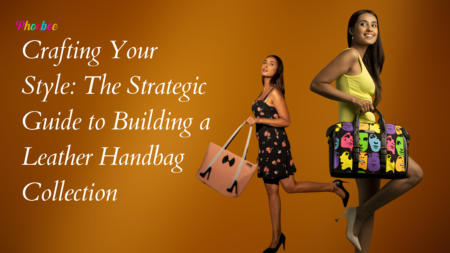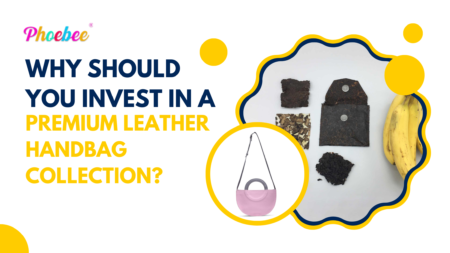The leather industry, while popular for producing various leather goods, poses significant adverse effects on the environment, animal welfare, and human health. As a sustainable and ethical alternative, vegan leather offers a compelling solution. This blog explores the detrimental impacts of the leather industry and provides reasons to opt for vegan leather.
Adverse Effects of the Leather Industry:
Environmental Pollution:
Tanning, a crucial step in leather production, involves the use of toxic chemicals like chromium salts, which contaminate air, water, and soil. These pollutants harm the environment and contribute to various health problems in humans and wildlife.
Deforestation and Habitat Destruction:
The leather industry drives demand for grazing land and feed crops for livestock, leading to deforestation and habitat loss. Clearing forests for animal agriculture disrupts ecosystems and threatens biodiversity.
Water Consumption:
Leather production is incredibly water-intensive, requiring vast amounts of water for the various stages of processing. Excessive water usage strains local water resources, especially in regions already facing water scarcity.
Carbon Footprint:
Livestock farming, a significant aspect of the leather industry, is a major contributor to greenhouse gas emissions, primarily methane. These emissions significantly contribute to climate change and global warming.
Animal Cruelty:
The production of leather involves slaughtering animals for their hides and skins. Animals are often subjected to inhumane conditions, stress, and suffering during their lives on farms and during transportation.
Why Choose Vegan Leather:
Cruelty-Free:
Vegan leather is made from synthetic materials, ensuring that no animals are harmed or exploited in its production. It aligns with ethical and compassionate principles, providing a guilt-free alternative for those concerned about animal welfare.
Reduced Environmental Impact:
Vegan leather typically involves the use of eco-friendly materials and manufacturing processes that minimize environmental damage. It significantly reduces water consumption, pollution, and carbon footprint compared to traditional leather production.
Innovation and Sustainability:
Advances in technology have led to the development of innovative, plant-based, and recycled materials for vegan leather. These materials are sustainable, renewable, and contribute to a circular economy by repurposing waste products.
Versatility and Design Options:
Vegan leather offers a wide range of textures, colors, and designs, making it a versatile choice for fashion and various products. It can mimic the look and feel of traditional leather while providing greater design flexibility.
Health and Safety:
Unlike conventional leather production, premium vegan leather handbags don’t involve the use of toxic chemicals, making it safer for workers, consumers, and the environment. It eliminates the health risks associated with exposure to hazardous tanning agents.
Conclusion:
Choosing premium vegan leather handbag over traditional leather is a conscious decision that supports sustainability, animal welfare, and environmental protection. By opting for cruelty-free and eco-friendly alternatives, individuals can contribute to a better future for our planet and its inhabitants.
Vegan leather is a cruelty-free alternative to traditional leather, made from plant-based materials like polyurethane or mushroom-based textiles. It offers an ethical and sustainable option for fashion and accessories, aligning with Phoebee’s values of compassion and environmental consciousness.











